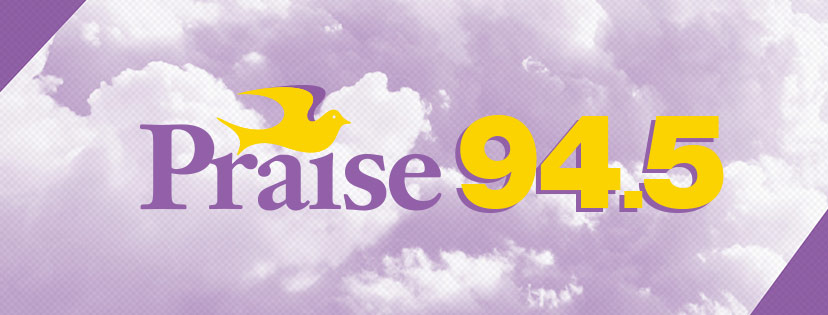To relieve the misfortunes of our fellow creatures is concurring with the deity; it is godlike. [But, he added,] if we provide encouragement for laziness, and support for folly, may we not be found fighting against the order of God and Nature, which perhaps has appointed want and misery as the proper punishments for, and cautions against, as well as necessary consequences of, idleness and extravagance?
Benjamin Franklin
Growing up, I was such a pushover. It’s not that I was scared of people. I just was never really taught how to say no. I went through middle school, high school, college and my early 20s before I was comfortable enough to say no to my associates and those I love. Many of us are plagued with being too nice. And as Christians, it is even harder! Who can tell Mother Johnson no when she asked can you help her tend her garden…every Saturday…for the next three months. Sure, you are not interested and you do have things to do. But will God look at us funny for telling people?
Once I learned how to say no, I was like a baby who learned her first word. I told everybody no! I went through a period where I was “doing me” and felt the power of no. And though it was hard to tell people I love that I couldn’t help them, I did it for me, and for them. There is truly a difference between being mean and helping people to make their own decisions. I have balanced my decisions with discernment and prayer, but even though I have moved passed being a people pleaser, I still sometimes, almost, kinda feel bad when I have to tell people no. And then sometimes, I think people need a dose of tough love.
Sometimes when we begin to learn about the love of God, we confuse that with being pitifully meek and turning the other cheek at every incident so that we don’t look like a “bad Christian.” Many of us over extend ourselves tirelessly helping people who choose not to help themselves, because we want to show them the meaning of Christian love. Of course, God wants you to overextend yourself to help those who need help, as Luke 14:13 says, “But when you give a banquet, invite the poor, the crippled, the lame, the blind.” Are really helping those who are really in need, or helping those who are afraid to help themselves?
Enabling (doing things for others that they could or should be doing for themselves) cripples everyone involved. The enabler wastes time and serenity trying to make someone feel loved by doing things for them instead of letting them learn to do things for themself. The enablee reaps the benefits of spoils without emotional, financial or physical work. They never learn to face the ups and downs of life because people do it for them. Many people begin thinking they won’t survive unless people help them, and do not lean on the wisdom and values of hard work that is taught throughout the Bible.
People often say, “what would Jesus do,” when facing moral dilemmas, and when it comes to tough love. The first example of tough love in the Bible is how God treated Adam and Eve when they ate from the tree of knowledge. He surely punished them by given us menstrual pains (thanks Eve) and making Adam toil the Earth! Imagine if God would have taken it easy on them, or gave them another chance? Jesus healed sinners by attacking the root of their issue and rebuking their behavior. There was a process as He healed. He didn’t just give drunkards money for more wine. He removed their urge to drink and told them to sin no more!
We can help people to learn about God, but we cannot change them. I cannot make a man not steal. I cannot make my friends get a job. I cannot beg and plead for my relatives to do the right things. The decisions they make are their own, and I don’t believe that God wants us chasing after folk cleaning up their messy lives. God is the only being I know who can transform a person. And the last time I checked, none of us are God. We have God in us, and we can surely show who God is through are speech, behavior and actions, but there are some things in other people’s lives that we just can’t burden ourselves with. Saying no to someone you love just might be the best thing that can happen to them!
Does God enable us? No. Does he sometimes, a lot of the times, show us love in a very hands off approach? Yes. Can you say that you love Him any less because he has helped you to learn things by trial and error and not always mercy and grace? Even in trial and error, we are still given sufficient grace! As we examine our own personal relationships, it is important to look at what you expect from others. Do you expect others to erase your errors, understand your mistakes and guard you against the world? Are you more of an asset or a liability to your friends, family or community? Or are you in a perpetual state of “getting your life together?” Who do you expect to help you when you cannot help yourself…your friends, your family or God?
There is a thin line between love and enabling. Make sure that you are praying and talking to God in a rut, and when helping others so that you are not making someone’s life harder by stopping them from learning their lessons. If you are constantly feeling sorry for people or feeling sorry for yourself, I think The Serenity Prayer is one that addresses the needs of both parties. God wants us all to have a full and abundant life, and not be a burden to those, but seek to help those who are truly in the dark.
The Serenity Prayer For the Enabler and The Enablee
God grant me the serenity
to accept the things I cannot change;
courage to change the things I can;
and wisdom to know the difference.
Living one day at a time;
Enjoying one moment at a time;
Accepting hardships as the pathway to peace;
Taking, as He did, this sinful world
as it is, not as I would have it;
Trusting that He will make all things right
if I surrender to His Will;
That I may be reasonably happy in this life
and supremely happy with Him
Forever in the next.
Amen.












